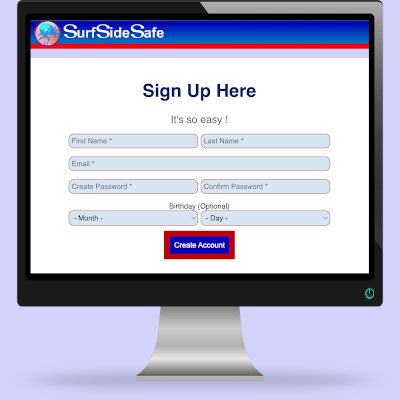Why Some People Eat Even When They Are Not Hungry and How to Manage It |
 Mystery
Mystery
One of the main reasons people eat when they are not hungry is due to emotional factors. Stress, boredom, loneliness, or even happiness can trigger the desire to eat. Comfort foods often provide a temporary sense of pleasure or distraction from negative emotions.
Our surroundings can also influence our eating patterns. Smells, sights, and sounds associated with food can create cravings, even if we are not in a physically hungry state. For example, being near a bakery or seeing an enticing food advertisement can make us want to eat.
Eating is often a social activity, and people may feel compelled to eat in social situations, even if they are not hungry. Peer pressure, societal norms, and the fear of being judged can play a significant role in this behavior.
Over time, we develop certain habits and patterns related to eating. If we frequently snack while watching TV or indulge in unhealthy treats as a reward, our brain associates these actions with pleasure and comfort, leading to non-hungry eating.
Practicing mindfulness while eating can help distinguish between emotional triggers and true hunger. Take the time to assess your hunger level before reaching for food. Pay attention to the physical sensations in your body and ask yourself if you genuinely need to eat.
Becoming aware of what triggers your non-hungry eating can help you develop strategies to overcome it. Keep a journal to track patterns and identify emotional or environmental triggers. Once you know what prompts your behavior, you can find healthier alternatives to address the underlying emotions or avoid triggering situations.
Instead of turning to food when you're not hungry, explore alternative activities that can provide comfort or distraction. Engage in a hobby, go for a walk, call a friend, or engage in relaxation techniques like deep breathing or meditation. Finding healthy substitutes can help break the cycle of non-hungry eating.
Share your struggle with trusted friends or family members who can provide support and hold you accountable. Having someone to talk to and seek guidance from can be invaluable in managing non-hungry eating.
If your non-hungry eating persists and affects your overall well-being, consider seeking help from a healthcare professional or registered dietitian. They can provide personalized guidance and support to address the underlying causes of your eating habits.
While eating when not hungry can be a challenging habit to break, understanding its triggers and implementing strategies to manage it can lead to a healthier relationship with food. By practicing mindful eating, identifying triggers, finding alternatives, creating a support system, and seeking professional help if needed, you can regain control over your eating habits and improve your overall well-being. Remember, it's not just about the food we consume, but also the emotions and behaviors associated with it.
I hope this article has helped you.
Thank you for visiting us. Please visit us again. You are always welcome.
AND also Remember this:
At SurfSideSafe, we are here to make your life much better.
Join SurfSideSafeCreating an account with SurfSideSafe is very easy.In a few minutes, you will have the best Social Media experience you have ever had in your life.  |

Upload☻Create☻Connect
All in one place
And we actually listen
👉 See why people are making the switch

Creating an account with SurfSideSafe is very easy.
In a few minutes, you will have the best Social Media experience you have ever had in your life.
